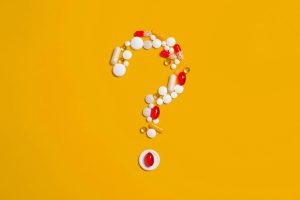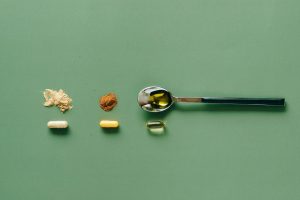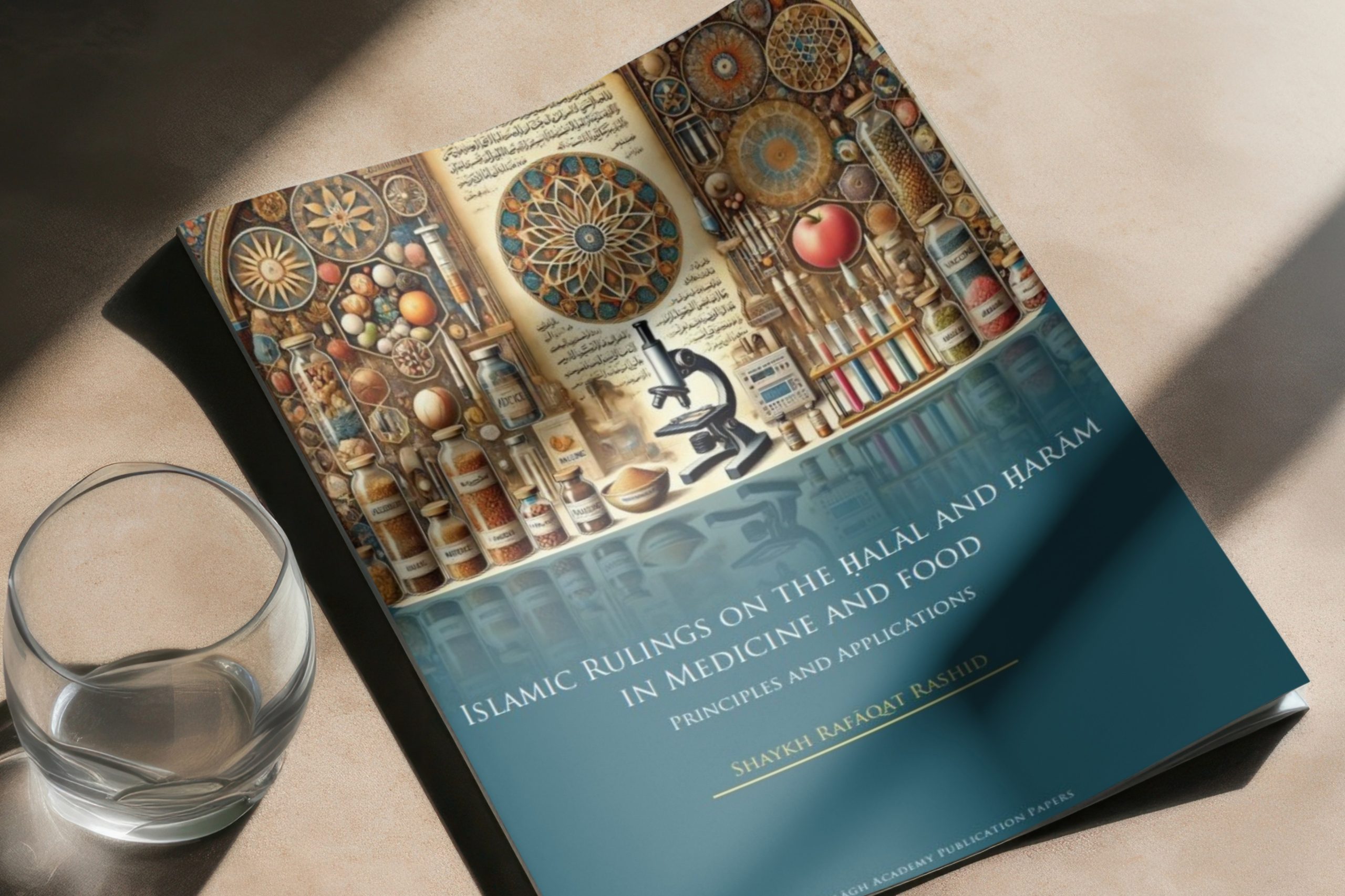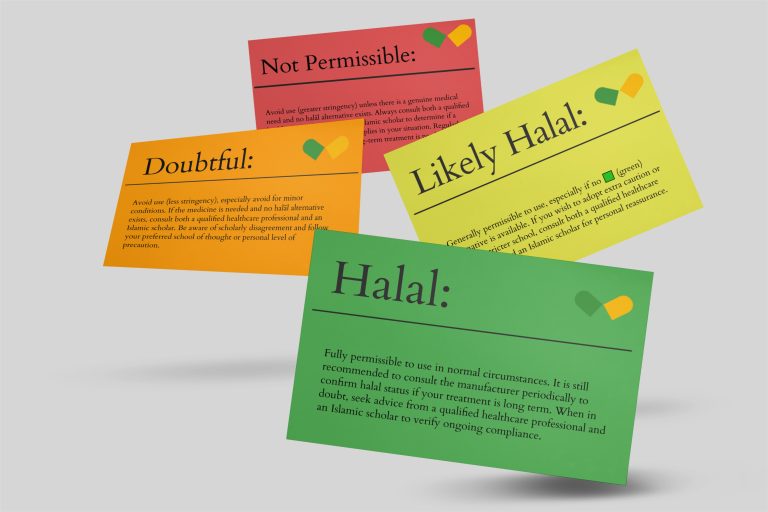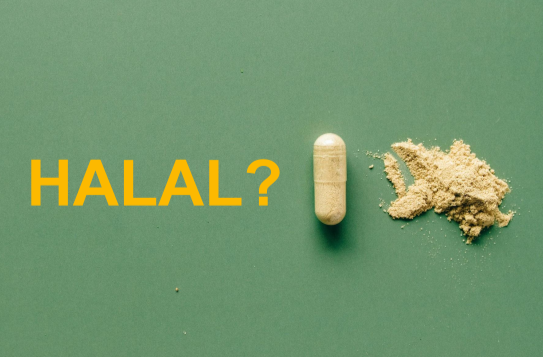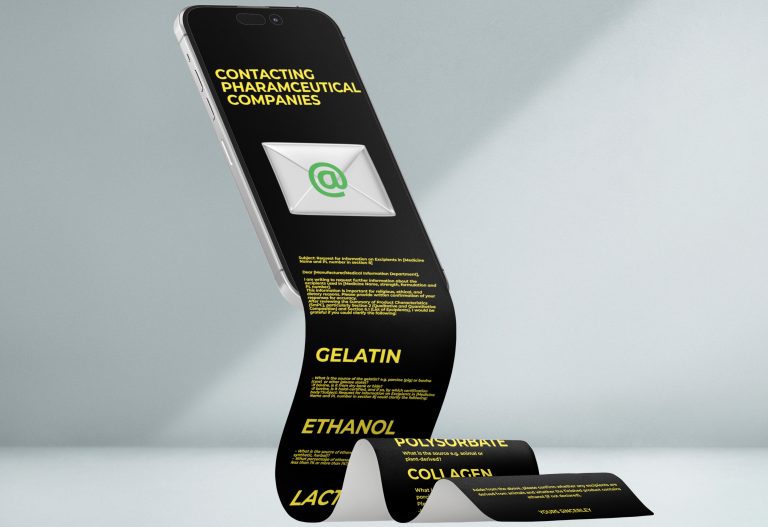Conjugated oestrogen in medicines
This resource explains the use of conjugated oestrogen in medicines and outlines the Islamic rulings on its permissibility.
What is conjugated oestrogen and how is it used in medicines?
- Conjugated oestrogen is a form of oestrogen, a female sex hormone.
- Conjugated oestrogen is animal-derived and extracted from the urine of pregnant mares (female horses or other equine). 1
- Conjugated oestrogen is also used in HRT to treat the symptoms of menopause.
🕌 Islamic ruling on conjugated oestrogen
❌Conjugated oestrogen derived from animal urine is considered haram by all four schools of thought (Hanafi, Maliki, Shafiʿi and Hanbali).2
If you are unsure about taking or using medicines containing ingredients and/or excipients from haram sources, seek guidance from a practising Muslim HCP such as a pharmacist or doctor. Alternatively, consult your local Imam or a trusted Islamic scholar, ideally one who has knowledge and expertise in the fiqh (Islamic rulings) of medicine.
For a more detailed explanation regarding the reasons behind these rulings, click the button below.
💭Did you know?
Even if a medicine contains an ingredient/excipient from a haram source, it may still be permitted in certain cases. Here are three Islamic maxims (principles):
- Medical need or necessity (hajah and darurah): Under this principle, if there is a medical necessity, such as an emergency situation, or where there is a strong chance the individual’s health will deteriorate, and if no viable halal alternative is available, then it is permitted to take a medicine containing conjugated oestrogen derived from haram sources, until a viable halal alternative becomes available.
- An impermissible medicine becomes permissible if five conditions are fully met (click here to learn what the five conditions are).
- Hardship begets facility (al-mashaqqa tajlib at-taysir): Under this principle, if applying religious practice becomes too burdensome or creates hardship, then leniency can be applied to ease it (Click here to read more). If you have tried your best to seek an alternative halal medicine and it becomes too difficult for you, this principle allows you to take/use the medicine you have been prescribed/supplied.
⚠️ Important information for patients
- Always take or use your medicine(s) exactly as directed or prescribed by your healthcare professional (HCP), such as your doctor or pharmacist
- Do not stop, delay, change or alter the way you take or use your medicine(s) without first discussing it with the HCP who prescribed or supplied it to you
- Always consult your HCP if you have any questions or before making any decisions about your treatment
- For Islamic guidance, seek advice from your local Imam or a trusted Islamic scholar – ideally someone with relevant knowledge and expertise in the fiqh (Islamic rulings) of medicines
- Use the information gathered to make an informed decision together with your HCP and, if needed, your local Imam or trusted Islamic scholar.
FAQs
Disclaimer
- This resource is for educational purposes only. It does not constitute clinical, medical, or professional healthcare advice and should not replace individual clinical judgement or qualified religious guidance
- Always consult your doctor, pharmacist, or other healthcare professional regarding your own medical conditions or for advice on treatment options
- Healthcare professionals remain fully responsible and accountable for decisions made within their own scope of practice.
References and resources
- Lippert TH, Mueck AO, Seeger H. Is the use of conjugated equine oestrogens in hormone replacement therapy still appropriate? Br J Clin Pharmacol. 2000 May;49(5):489-90. Accessed 1.3.2025 from: https://pmc.ncbi.nlm.nih.gov/articles/PMC2014957/ ↩︎
- Islamic Perspective on Animal-Derived Estradiol (Premarin) and Synthetic Estradiol by Shaykh Dr Rafaqat Rashid ↩︎


